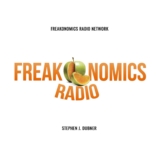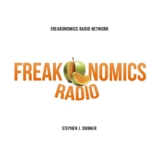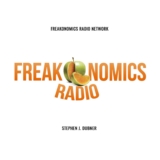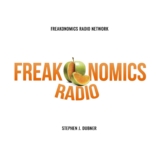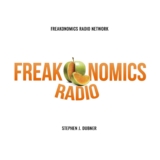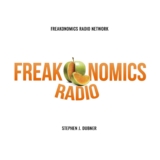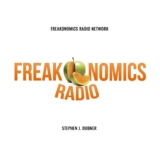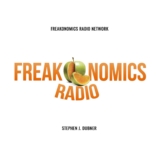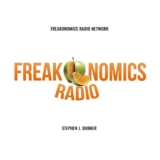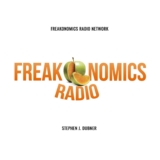Humans have a built-in “negativity bias,” which means we give bad news much more power than good. Would the Covid-19 crisis be an opportune time to reverse ...
Air pollution is estimated to cause 7 million deaths a year and cost the global economy nearly $3 trillion. But is the true cost even higher? Stephen Dubner ...
While other countries seem to build spectacular bridges, dams, and even entire cities with ease, the U.S. is stuck in pothole-fixing mode. We speak with an ...
The environmentalists say we’re doomed if we don’t drastically reduce consumption. The technologists say that human ingenuity can solve just about any problem. ...
According to a decades-long research project, the U.S. is not only the most individualistic country on earth; we’re also high on indulgence, short-term ...
We often look to other countries for smart policies on education, healthcare, infrastructure, etc. But can a smart policy be simply transplanted into a country ...
The benefits of sleep are by now well established, and yet many people don’t get enough. A new study suggests we should channel our inner toddler and get 30 ...
Nearly two percent of America is grassy green. Sure, lawns are beautiful and useful and they smell great. But are the costs — financial, environmental and ...
Bren Smith, who grew up fishing and fighting, is now part of a movement that seeks to feed the planet while putting less environmental stress on it. He makes ...
Cecilia Rouse, the chair of the White House Council of Economic Advisors, is as cold-blooded as any economist. But she admits that her profession would do well ...
- « Previous Page
- 1
- …
- 26
- 27
- 28
- 29
- 30
- …
- 47
- Next Page »

